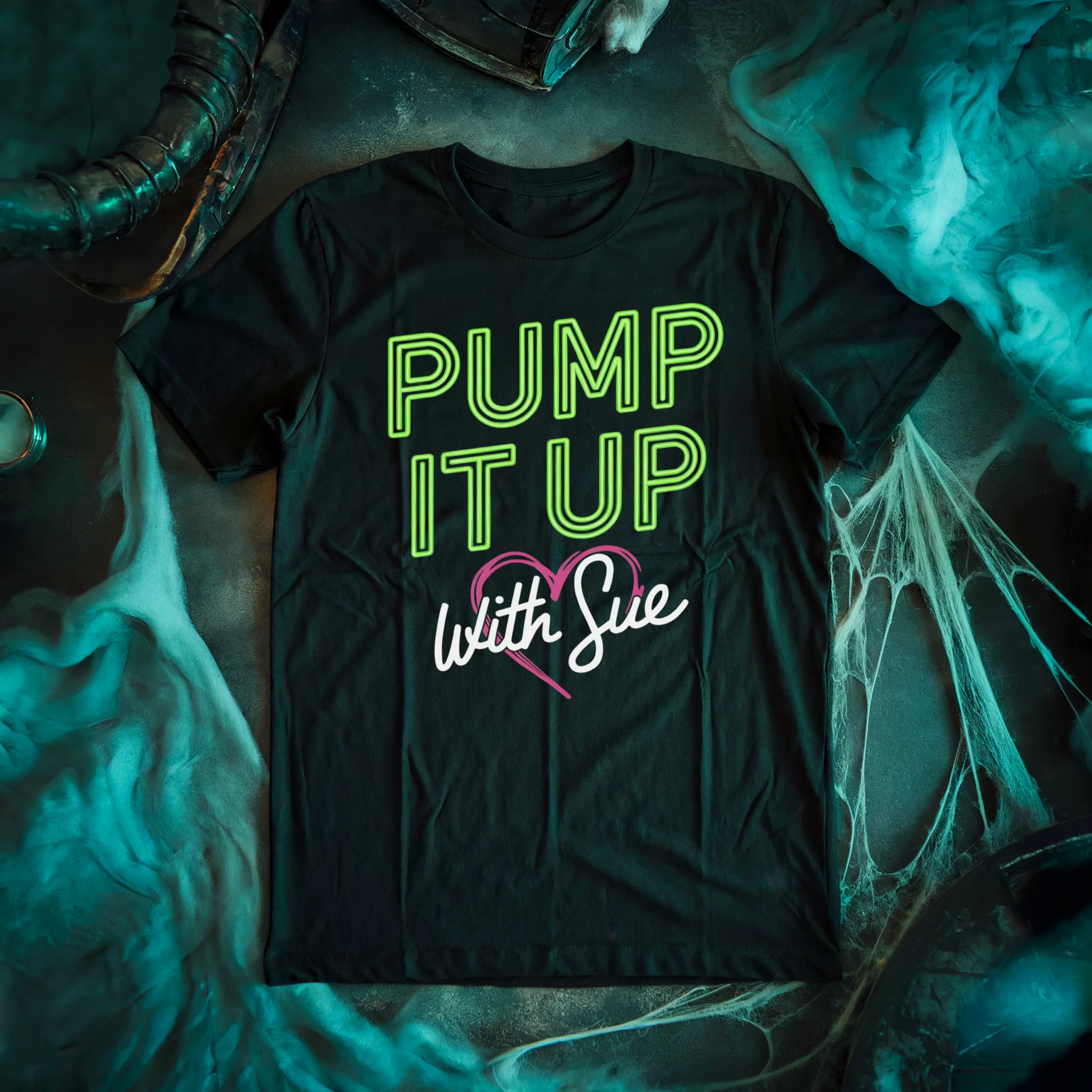Is it possible to be a low-brow plot snob? Because if so, I definitely am. I like a story. With goals, and characters to root for or despise. Don’t get me wrong, I love a good metaphor to chew on when the credits role. But I do need it served on-top of, underneath, or sandwiched in — a story.
Men wears its allegories literally and upfront, with nary any plot to swallow the pill with. Written and directed by Alex Garland (Ex Machina, Annihilation) in what might be the most controversial wide theatrical release since Darren Aronofsky’s Mother!, Men pontificates on the troubles with/the cycle of/the ‘fairer sex’s’ trouble with M – E – N. A social political thinkpiece served like a two-hour perfume commercial, audiences are given little reprieve from Garland’s no doubt pandemic-charged musings on Men and their dominating spot in society from inception to present day. Save for a few horrific visuals, mind you. (If you’re into that sort of thing. Which, spoiler alert, I am.)
![men movie review 2022 [Review] Allegorical Horror MEN is Heavy on Imagery and Light on Plot 11 men-movie-review-2022](https://nofspodcast.com/wp-content/uploads/2022/05/men-movie-review-2022-800x333.jpeg)
The bizarrely literal Men follows widowed Harper (Jessie Buckley, I’m Thinking of Ending Things) as she checks-in to an isolated English country house for two weeks reprieve. We learn through amber-lit flashbacks brighter than an influencer’s ring light that during their final argument, Harper and husband James (Paapa Essiedu, I May Destroy You) were careening toward divorce. After striking Harper in a rage, James sends himself over the balcony, not before threatening suicide in an attempt to dissuade Harper from leaving him. The complicated and untimely death of her estranged husband leaves Harper in emotional shambles, using this getaway as a way to escape the traumatic incident that haunts her.
Only, this English countryside reprieve is filled with Men – entirely played by Rory Kinnear (Our Flag Means Death, No Time to Die). There’s the well-meaning owner and host Geoffrey who’s nosy countryside ways result in him putting his foot-in-his mouth on more than a few occasions, an initially comforting Vicar who soon reveals a misogynistic and old-world underbelly, a young bratty boy with the digitized face of an adult who looks as odd as young-old Robert DeNiro did kicking men in the streets of The Irishman, and a naked vagrant who menacingly stands under an apple tree and jams fig leaves into open wounds on his face. We get it, Adam.
![men movie 2022 [Review] Allegorical Horror MEN is Heavy on Imagery and Light on Plot 12 men movie 2022](https://nofspodcast.com/wp-content/uploads/2022/05/men-movie-2022-800x320.jpg)
Harper becomes increasingly tormented by these figures during her short stay, as they all seem hellbent on confronting her. The film plays out like an Alice in the Looking Glass situation; we’re stuck in some backwards realm where everything is askew and all is presented on its face. Which results in us watching events unfold that we don’t trust. Men itself is an unreliable narrator, telling a story with puzzle pieces that never quite seem to fit together.
But even in Alice’s journey, there comes a time when we’re pulled out of the looking glass, to find everything where it should be. Flowers become flowers. Dina the cat becomes Dina. Mother was looking for us all along. But the same can’t be said for Men. We aren’t pulled out of the mirror-world at the end, so its up to us to decipher what, if any, of the events that transpire are real.
Kevin Baker/A24
While I found myself confounded by the film’s heavily laden metaphors, I will admit I did find the visuals of the film to be haunting and beautiful. Particularly the segment in the small chapel with a masculine sun and it’s female counterpart being cast in the changing shadows of time lapse. Though, I’m not sure the film’s obsession with genitalia. I guess if you’re going to draw a line in the sand between men and women, might as well hammer home our bits are different.
Men does go surprisingly whole ham on the horror though, from the trailer I was expecting any horror elements to be understated at best. A gruesome circus of horrors awaits anyone who dare delve into Men’s metaphor, but like the climax of Brian Yuzna’s Society, you may regret you attended the party.





![men movie 1024x508 1 [Review] Allegorical Horror MEN is Heavy on Imagery and Light on Plot 10 men movie 1024x508 1](https://nofspodcast.com/wp-content/uploads/2022/05/men-movie-1024x508-1.jpg)



